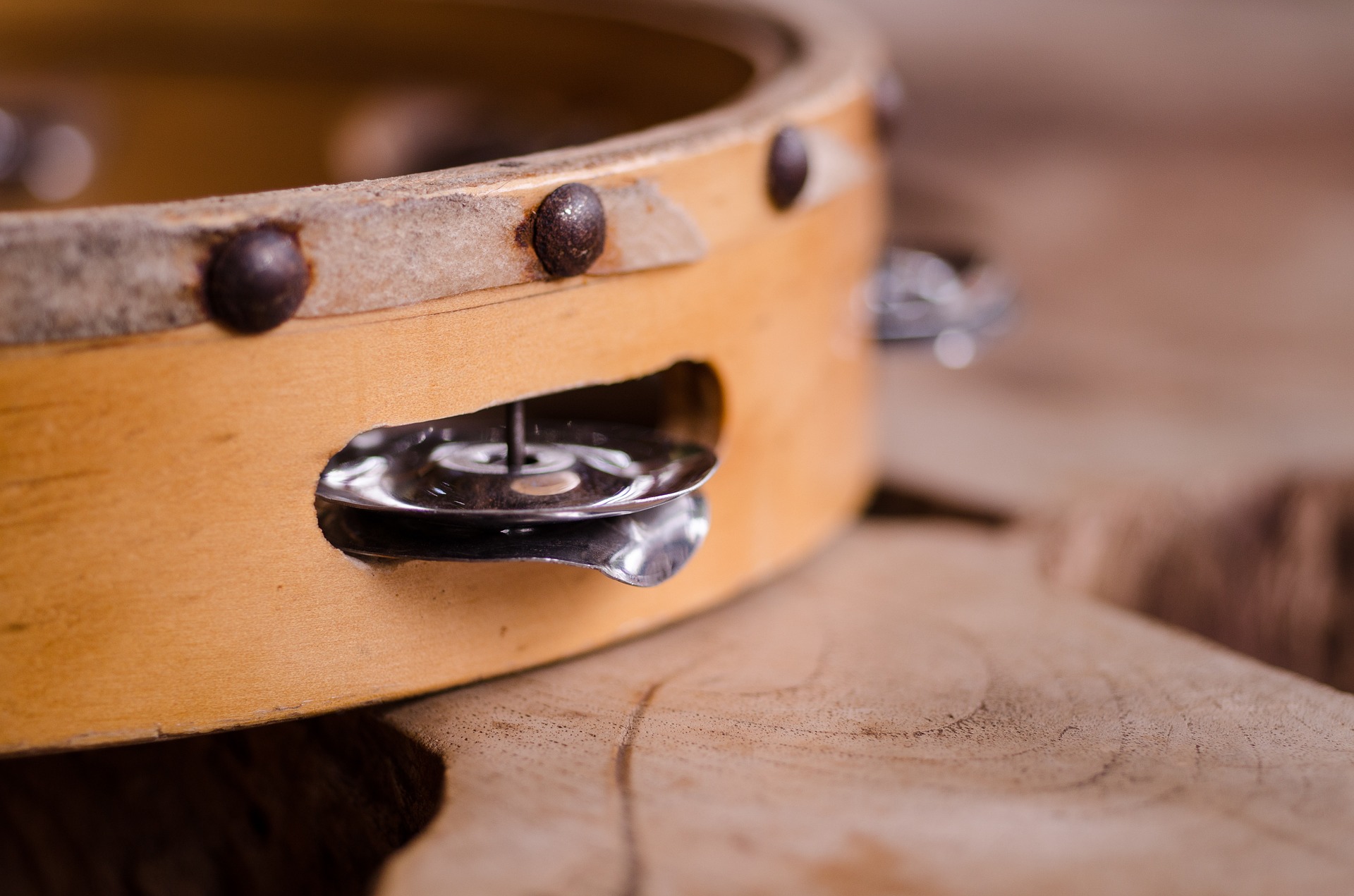
This Week’s Torah Parsha Is Inspiration to Keep Marching
Making a drum is a sacred act in the history of women and religion, a ritual that precedes organized religion as we know it to the days when ceremony was simply the sound of the drum, the thump of feet on the earth and the voice of humans extolling their creator.
In the Jewish narrative, the drum appears when Jews cross the Red Sea during their liberation from Egypt. On that riverbank, Miriam (the sister of Moses and Aaron) brings out her hand drum, and the women follow her, with song and circle dances. Rashi quotes the Midrash to remind us of the faith of the righteous women of this generation, who were so certain of the miracles that they would witness that they took their drums out of Egypt.
“Sing to the Lord for He is great, the horse and its rider thrown into the sea,” sing the women. As I’ve written here before, their song had a potent spiritual energy deeper than the song of Moses, who said “I will sing” in future tense, not yet capable of sensing that deep divinity. Their embodied dance brought them to higher levels of consciousness and their use of present tense indicated their palpable experience of divine light. Through use of their full bodies, all of their limbs beating against the frame of the timbrel drum, they were able to fully receive the Divine power.
The drums only made it to the banks of the Red Sea because of the faith of those who brought them there. How often do we leave the house expecting the worst, but never the best? If we were called in the middle of the night to leave the only home we’d ever known—even if it’s a place of slavery—would we bring our best dress? Or would we go as naysayers into the night, certain of the death and peril that lay beyond?
The story of the Egyptian exile is told and retold as a story of human redemption from oppression, of expanding from a state of limited consciousness to openness. Every year the Passover story reminds us about freedom. But as the memory of the holidays fades as the months pass, its potency can get stale when we look at the world around us and wonder how deep a paradigm shift is required to free ourselves. That’s why I appreciate the timing of this week’s Parsha (Torah portion), which gives us a taste of Passover several months in advance. This week’s portion is “B’Shalach,” which in English is translated as “When he [Pharaoh] sent” (the Israelites from Egypt). Read from the Book of Exodus, we experience the final showdown of the Israelites and the Egyptians. Our heroes battle it out across the Red Sea. The celebration occurs after the Israelites cross on dry land, while the Egyptians are thwarted by the closing waves. And finally, they gather to sing songs of praise in gratitude for their victory—to the beat of the timbrel, the sounds of the drum and the laughter of the dance.
The day that I sat and fashioned my own drum, the work was painstaking and frustrating. I threaded the sinew back and forth, forty plus times, then tied it in every direction, winding it around and around. I was exhausted. I’m not a hands-on person and every moment made me want to hurl my work against the wall. I tried to sing, I remembered it was a prayer, but struggled even still.
I took it home, I let it dry overnight, and the next morning I had a drum.
And this drum wasn’t just any drum. Sealed within each thread was the prayer of my lips, my heart, my hands and my tears. Every aspect of the creative process was evident in the final product.
I think about the Israelite women crafting those drums in Egypt and believing that one day—soon—they’d have a chance to use them in celebration. I imagine how their prayers flew out on the banks of the Red Sea, in a dance that we continue to embody, each time we have a little faith that our lives can expand beyond our current paradigm.
My drum came with me to the women’s March in NYC, where I sang and drummed in the streets to the thump of people’s feet, to the sounds of people’s voices, to the vibration of a new energy of liberation and positivity that is infusing our world.
And it made me wonder what would happen if every woman has a drum. What if we were like the Israelite women and used the drum as a tool of personal liberation? Used it to liberate our voices and our bodies, releasing centuries of oppression? What if we took up a dance class? Joined a garage band? Bought a tiny tambourine for the kids and shook it along? Grabbed the rattle when the baby’s napping and sang along to a nursery rhyme?
The Talmud says that because of the merit of righteous women, the Israelites were redeemed from Egypt—and that in their merit, Israel will be redeemed in the future.
That moment has arrived, as the voices of women fill the streets.
That moment has arrived, as the liberation of the feminine is palpable.
It’s time to pick up the drums. It’s time to dance. It’s time to release not only our voices and our bodies, but our spirit, deep inside the spirit of the drum.
The views and opinions expressed in this article are the author’s own and do not necessarily reflect those of Lilith Magazine.



